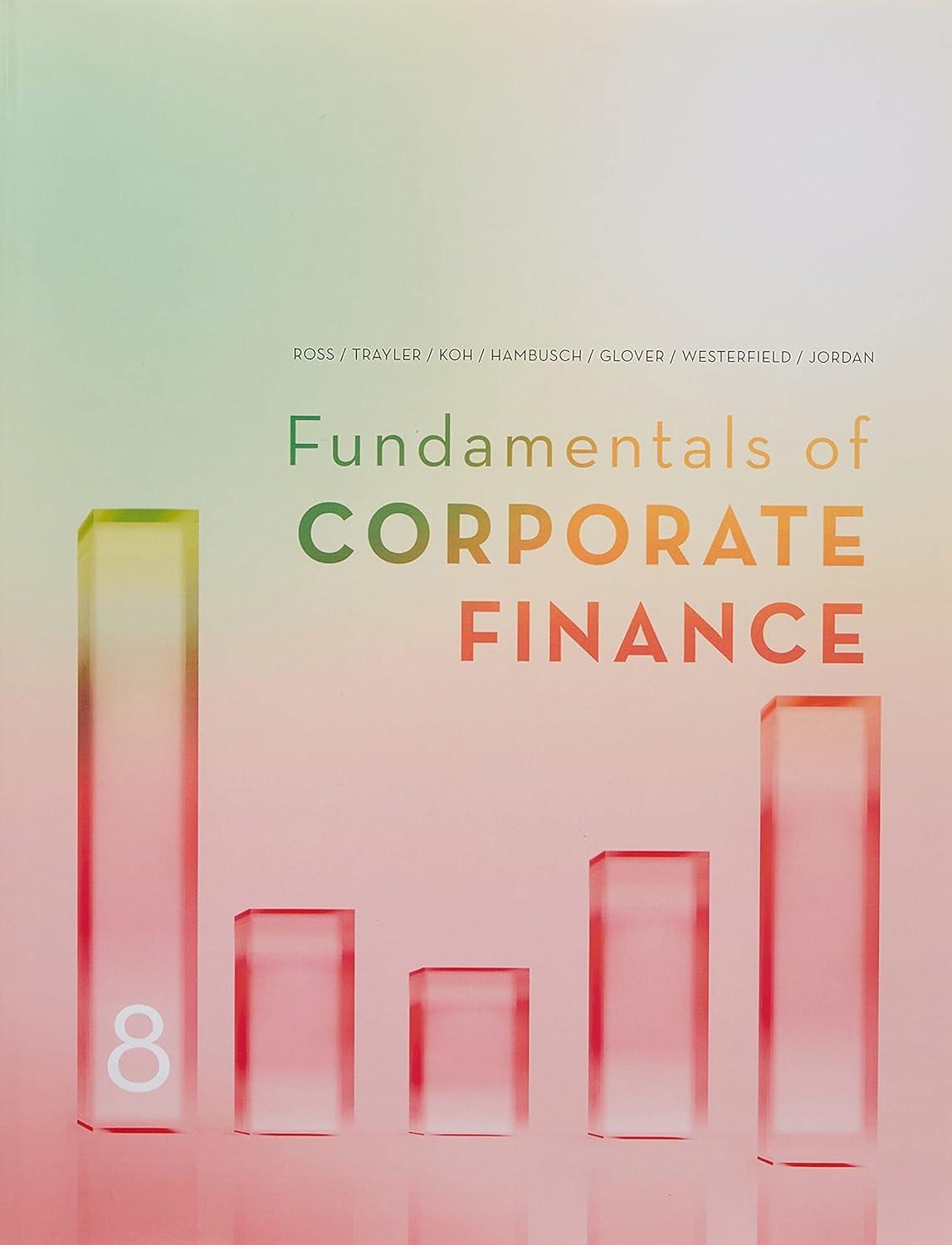1. At the end of the discussion, Mark asks Renata about the Dutch auction IPO process. What...
Question:
1. At the end of the discussion, Mark asks Renata about the Dutch auction IPO process. What are the differences in the expenses to Pinjarra Air if it uses a Dutch auction IPO versus a traditional IPO?
Should the company go public through a Dutch auction or use a traditional underwritten offering? Mark Sexton and Todd Story have been discussing the future of Pinjarra Air. The company has been experiencing fast growth and the two see only clear skies in the company’s future. However, the fast growth can no longer be funded by internal sources, so Mark and Todd have decided the time is right to take the company public. To this end, they have entered into discussions with the investment bank of Crowe & Mallard. The company has a working relationship with Renata Harper, the underwriter who assisted with the company’s previous bond offering. Crowe & Mallard have assisted numerous small companies in the IPO process, so Mark and Todd feel confident with this choice.
Renata begins by telling Mark and Todd about the process. Although Crowe
& Mallard charged an underwriter fee of 4 per cent on the bond offering, the underwriter fee is 7 per cent on all initial share offerings of the size of Pinjarra Air’s offering. Renata tells Mark and Todd that the company can expect to pay about $2.1 million in legal fees and expenses, $12 000 in ASIC registration fees and $15 000 in other filing fees. Additionally, to be listed on the ASX, the company must pay $100 000. There are also transfer agent fees of $6 500 and engraving expenses of $520 000. The company should also expect to pay $110 000 for other expenses associated with the IPO.
Step by Step Answer:

Fundamentals Of Corporate Finance
ISBN: 9781743768051
8th Edition
Authors: Stephen A. Ross, Rowan Trayler, Charles Koh, Gerhard Hambusch, Kristoffer Glover, Randolph W. Westerfield, Bradford D. Jordan






